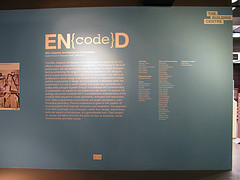
In my last post on scholarly publishers that support the US Congress SOPA bill I ended up making a series of edits. It was pointed out to me that the Macmillan listed as a supporter is not the Macmillan that is the parent group of Nature Publishing Group but a separate U.S. subsidiary of the same ultimate holding company, Holtzbrinck.







